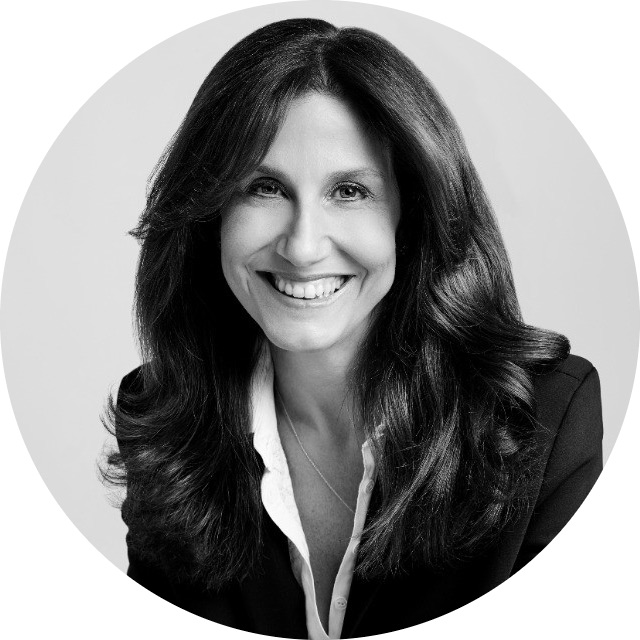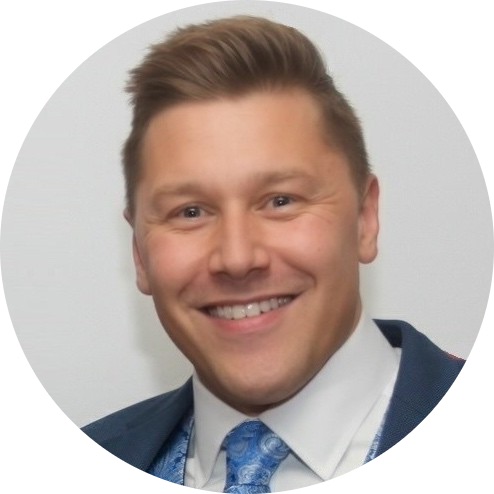This company’s HR leadership credits its corporate university program for high retention

Today’s workers (especially those in younger generations) aren’t afraid to job hop when their current roles start to feel stagnant or disengaging. So employers are tapping into a solution to keep staff engaged and advancing in their roles — by making work more like school.
The idea, known as a “corporate university” is essentially an internal program to offer tailored learning and development opportunities for staff based on their individual interests and goals. By giving staff a clear path toward their professional paths of choice, corporate universities can foster internal talent mobility, ultimately resulting in lower turnover rates, higher engagement and boosted innovation.
Prosek Partners, an integrated communications and marketing firm, runs a custom careers program that in part helps drive its low turnover rate. Among 400 employees globally, the average tenure for staff is about four years.
The program works like this: staff are asked some key questions about what they hope to get out of their roles at Prosek and what motivates them. Some aspire to eventually hold management or leadership positions. Some aspire to travel more for work. Some may wish to pivot from one department to another. Others hope to work with clients involved in industries and on projects that personally interest them.
“I call myself a professional wish granter,” said Karen Niovitch Davis, CHRO at Prosek. “My job is to understand and then help create an opportunity within their remit of what they’re working on.”
“Understanding what every single person wants allows you to create a roadmap for them internally, where they feel like they’re being heard and they can get involved in things that they’re really interested in,” she said.
Individual paths look different, but Prosek essentially employs a “teaching hospital” model. Those wanting to travel often end up being put on a global account. Those looking to switch into new disciplines, like from public relations to investor relations for example, are invited to high level meetings to observe and learn from those already in the space.
For Aidan O’Connor, building out Prosek’s sports finance business was a key professional goal. O’Connor started as an account executive in 2015, and ended up getting an online MBA when the pandemic started. That prompted him to take advantage of Prosek’s custom careers program and present an idea that married his professional goals and personal interests. He conducted a market analysis on the sports finance businesses and presented a business plan to leadership.
“We do a lot of work in private equity, and what happened over time is that our private equity clients started investing in sports. And so the foundation he laid and building relationships with the sports media and having conversations and thinking about how sports might one day fit into Prosek Partners, culminated in what was an experience of a lifetime for him,” Niovitch Davis said.
“We are now growing our sports business by leaps and bounds, and that started with him,” she said.
O’Connor, who is British and a major soccer fan, ended up working on a deal with a client buying a U.K.-based soccer team. “It’s been a really exciting and dynamic nine years, and I think being able to stay at a company that long in today’s world is a sign that it’s something really special,” O’Connor said.
“If you can identify passion, align it with the core strengths of our firm and identify ways to commercialize it, there is a good chance that our company will give you the autonomy to explore it,” he said.
Corporate universities aren’t an entirely new idea, but have evolved from focusing on broad-based skills development to truly customized learning experiences. “The way I think about it is everyone has a major, they have a minor and then they have extracurriculars,” said Niovitch Davis.
What someone predominantly works on in their current role is their major, their specific area of interest they want to explore is their minor, and any other meaningful career development opportunities are extracurriculars, she said.
Beyond talent retention, another benefit of the program has been the elimination of hierarchies across the organization.
“Our method and our way of working is that everybody is working together, the partners are working alongside the junior people,” Niovitch Davis said. “It is okay to need different things from your employer. And HR, in our function, I believe, is to allow people to experience all of it with our support.”


